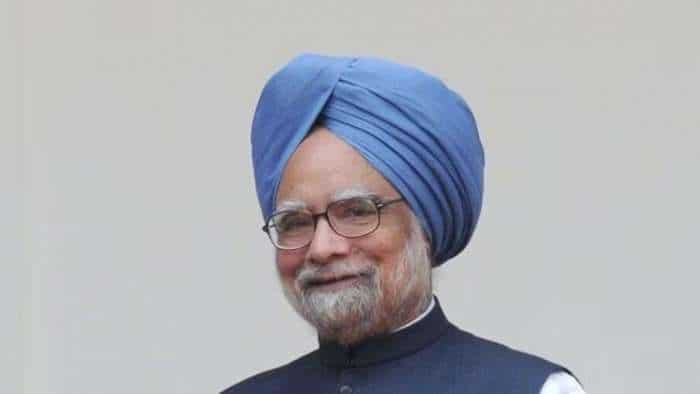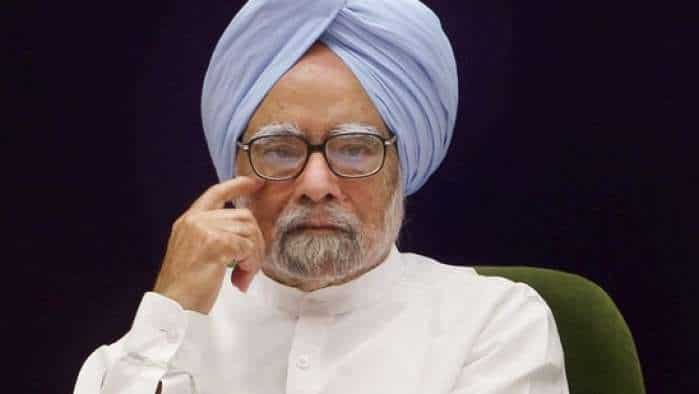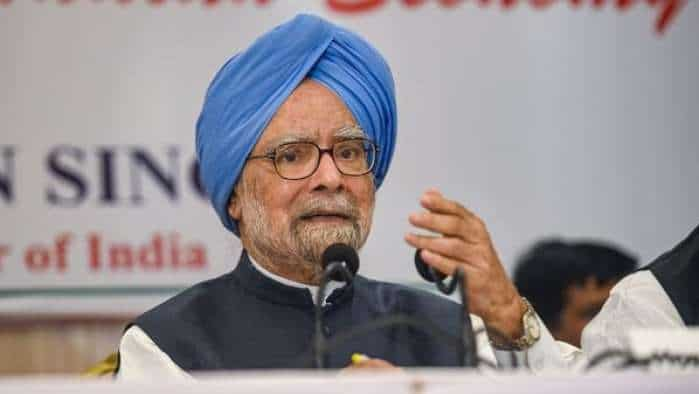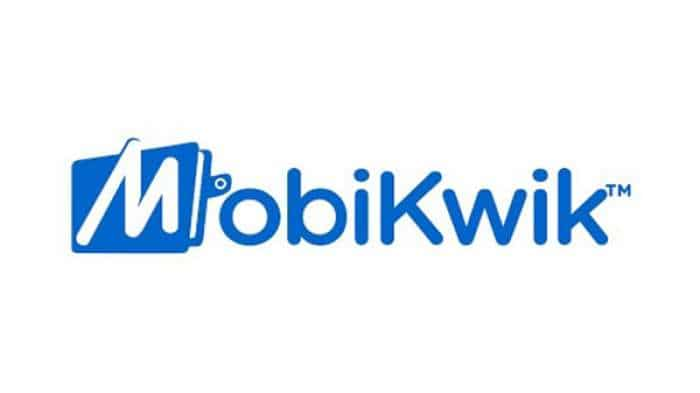Microsoft, Apollo Hospitals build AI-powered platform to predict cardiovascular disease risk score
Under the collaboration, which is part of Microsoft's AI Network for Healthcare initiative, the two entities have launched an AI-powered Cardiovascular Disease Risk Score API (application program interface) that can be used by doctors across the Apollo network of hospitals to predict risk of CVD and drive preventive cardiac care across the country, a statement today said.

Microsoft India and Apollo Hospitals have partnered to build an artificial intelligence-powered platform, designed to predict the risk of Cardiovascular Disease (CVD) in the Indian population. Image source: Reuters











 India a credible and unstoppable force, says Microsoft country head Puneet Chandok
India a credible and unstoppable force, says Microsoft country head Puneet Chandok Microsoft India announces hike of 6% on business software from February 1
Microsoft India announces hike of 6% on business software from February 1 Microsoft Surface Pro X with Windows 11 launched, price starts at Rs 93,999
Microsoft Surface Pro X with Windows 11 launched, price starts at Rs 93,999  Microsoft adds English (India), Hindi to speech service
Microsoft adds English (India), Hindi to speech service India set to lead digital transformation race: Microsoft India President
India set to lead digital transformation race: Microsoft India President